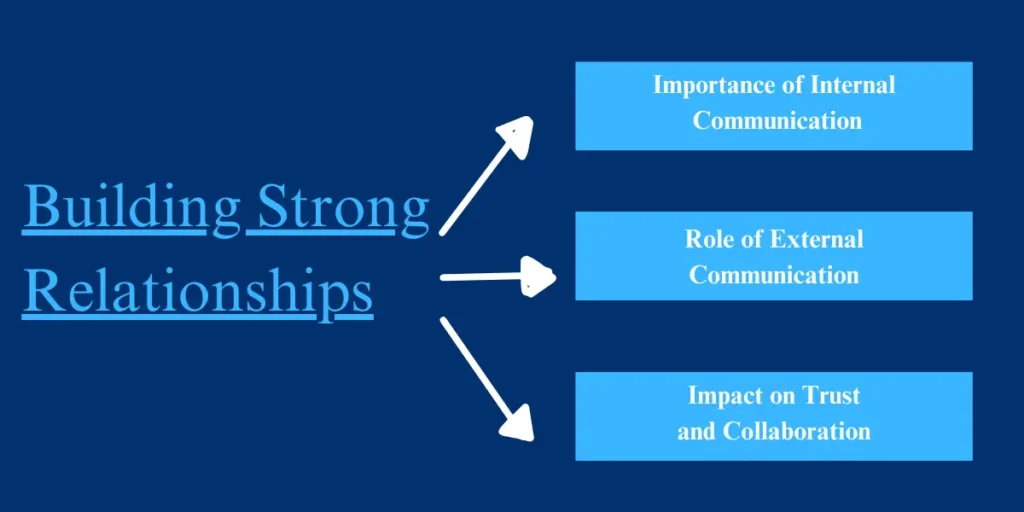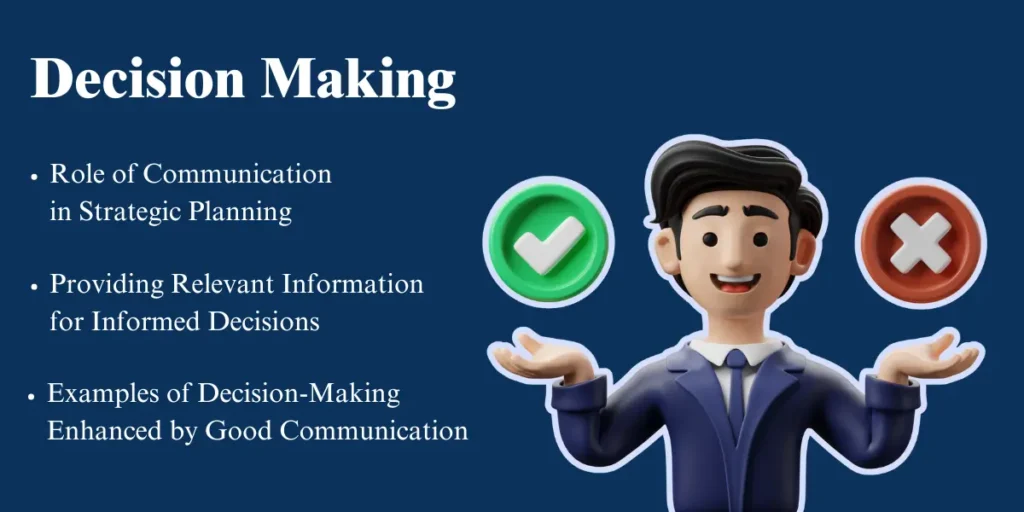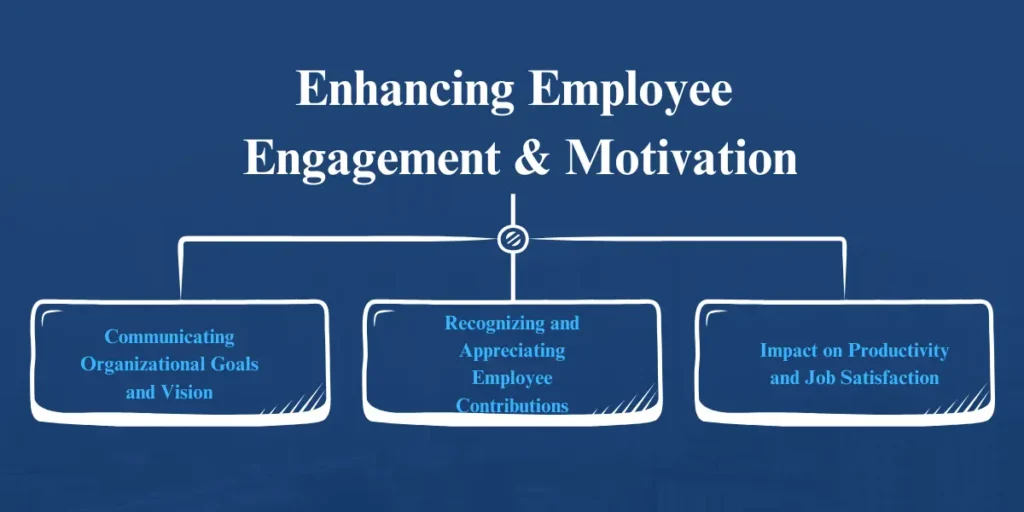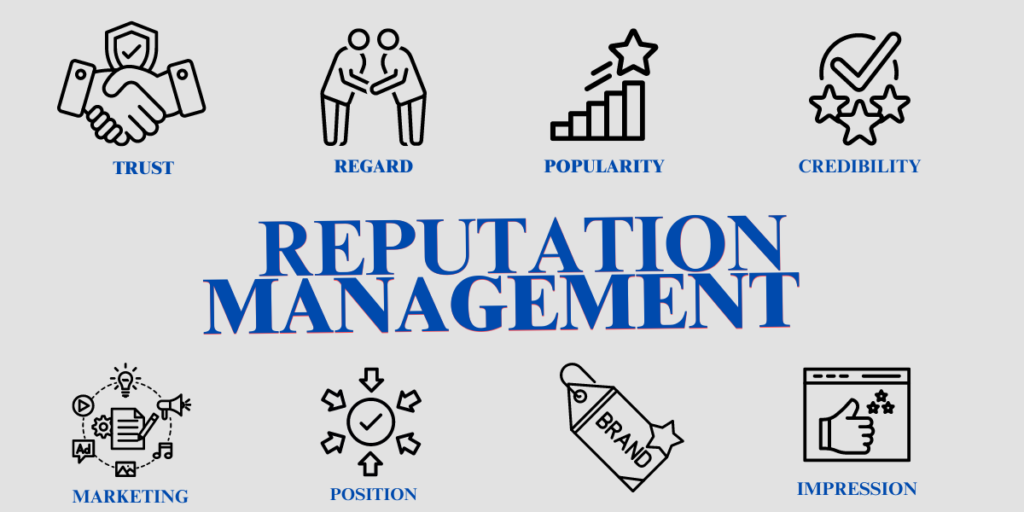Business communication is the exchange of information between individuals within and outside an organization.
It encompasses various forms such as emails, meetings, reports, and presentations.
Effective communication ensures that everyone is aligned with the company’s goals, fosters collaboration, and supports decision-making processes essential for business success.
Table of Contents
ToggleWhy It is Important?
Effective communication is important for achieving business goals because it ensures everyone is on the same page, reduces misunderstandings, and helps build strong relationships.
Whether it is sharing updates with employees, negotiating with partners, or reaching out to customers, clear and efficient communication is key.
This blog will explore the main objectives of business communication, highlighting why it is so important and how it can drive success.
Is poor communication holding your business back?
Build stronger connections, make informed decisions, and drive growth with expert strategies.
Objectives of Business Communication –
Effective communication is vital for achieving organizational goals and driving business success.
Here are the Objectives of business communication-
1. Clear and Efficient Information Exchange

Imagine you run a busy office.
You send an important email about a new project deadline, but some team members don’t receive it on time, delaying the project and causing frustration.
This highlights the need for clear and efficient information exchange in business.
Using reliable communication channels, like Slack or Microsoft Teams, ensures everyone stays updated in real-time.
Regular meetings and clear documentation prevent misunderstandings.
For example, a company implemented a project management tool to track progress and share updates, reducing errors and increasing productivity.
Clear communication keeps everyone informed, aligned, and working towards the same goals, ensuring smoother operations and better results.
2. Building Strong Relationships

After improving their information exchange, they realized another key to success: building strong relationships through effective communication.
A. Internal Communication
Team Alignment – Poor communication between marketing and sales can lead to misaligned campaigns and missed opportunities. Regular inter-department meetings keep everyone updated and unified. Collaborative tools like Slack or Microsoft Teams foster teamwork and unity.
B. External Communication
Client Relationships – Clear, consistent communication builds trust and shows clients they are valued. CRM systems help track interactions, respond quickly, and provide personalized service, enhancing client satisfaction and loyalty.
Regular updates and transparency with partners and stakeholders build trust and reliability, ensuring long-term collaboration.
Impact on Trust and Collaboration – Effective communication fosters employee trust, encourages idea-sharing, enhances productivity, and promotes a collaborative culture, driving business success.
3. Decision Making

Effective communication is essential for making well-informed decisions. Here’s how it plays an important role:
A. Providing Relevant Information for Informed Decisions
Imagine that you are leading a project. Clear communication ensures everyone has the necessary data and insights. This transparency prevents decisions based on assumptions and fosters confidence in the chosen path.
B. Role of Communication in Strategic Planning
In strategic meetings, open communication allows diverse perspectives to be heard. This collaborative approach helps align decisions with overarching goals.
For instance, coordinating efforts across departments ensures a cohesive strategy for product launches.
C. Examples of Decision-Making Enhanced by Good Communication
Office exemplifies this with its expansion strategy. By communicating effectively with research teams, they gathered market insights crucial for successful new market entries.
This ensured decisions were based on thorough understanding rather than speculation.
Is your Business going down and need help?
Transform your decision-making with Vicino’s business advisory services. We ensure timely access to critical information, empowering your team to make confident choices.
Contact us today to elevate your business strategy.
4. Enhancing Employee Engagement and Motivation

Engaging and motivating employees is another objective of business communication for organizational success. Here’s how effective communication plays a pivotal role:
A. Communicating Organizational Goals and Vision
When employees understand the company’s goals and vision, they feel connected to its mission. Clear communication of objectives helps align individual efforts with overarching strategies, fostering a sense of purpose and direction.
B. Recognizing and Appreciating Employee Contributions
Acknowledging and appreciating employees’ contributions boosts morale and motivates them to perform at their best. Regular feedback sessions, public recognition, and personalized appreciation demonstrate that their efforts are valued, enhancing job satisfaction and loyalty.
C. Impact on Productivity and Job Satisfaction
Effective communication creates a positive work environment where ideas are heard and concerns addressed. This openness improves collaboration, reduces misunderstandings, and ultimately increases productivity.
When employees feel valued and supported, job satisfaction rises, leading to lower turnover rates and higher performance levels.
5. Promoting Innovation and Creativity

Promoting innovation and creativity within a company is vital for staying competitive and driving growth.
A. Encouraging Open Communication and Idea Sharing
An environment that encourages open communication allows employees to freely share their ideas without fear of criticism. This exchange of ideas sparks creativity and innovation as diverse perspectives are considered. For example, regular brainstorming sessions and idea-sharing forums empower employees to contribute innovative solutions to business challenges.
B. Creating an Environment Where Feedback is Valued
Feedback is crucial for refining ideas and improving processes. When employees feel their opinions are valued, they are more likely to actively participate in innovation efforts. Implementing feedback mechanisms, such as suggestion boxes or anonymous surveys, encourages continuous improvement and innovation.
C. Examples of Thriving Through Innovative Communication Strategies
Numerous organizations have thrived by embracing innovative communication strategies. By fostering a culture of open communication and valuing feedback, companies have successfully launched new products, improved operational efficiency, and enhanced customer experiences. These examples highlight how a commitment to innovative communication practices can drive significant business success and differentiation in the marketplace.
6. Crisis Management and Conflict Resolution
Effective communication is an objective of business communication for navigating crises and resolving conflicts within organizations. Let’s go how it makes a difference:
A. Importance of Clear Communication During Crises
In times of crisis, clear and timely communication is essential to ensure everyone understands the situation, knows their role, and can act swiftly. Whether it is a sudden market shift, a product recall, or an internal issue, transparent communication helps mitigate panic and enables coordinated responses.
B. Techniques for Effective Conflict Resolution
Conflict is inevitable in any workplace. However, addressing conflicts promptly and constructively is key to maintaining a productive environment. Active listening, empathy, and using neutral language are effective techniques. By encouraging open dialogue and seeking mutually beneficial solutions, conflicts can be resolved before they escalate.
C. Examples of Successful Crisis Management Through Communication
Organizations that excel in crisis management often attribute their success to clear communication strategies. For instance, during a supply chain disruption, a manufacturing company communicated regularly with stakeholders, providing updates on the situation and alternative plans. This transparency reassured customers and suppliers, minimizing the impact of the crisis.
7. Brand Image and Reputation Management

Managing your brand image and reputation is critical for long-term success and customer trust.
Here is how effective communication plays an important role:
A. Communicating Brand Values and Messages Consistently
Consistency is key in shaping how your audience perceives your brand. Communicating your values, mission, and unique selling propositions across all channels from your website to social media and customer interactions builds a cohesive brand identity. This clarity helps customers understand what your brand stands for and why they should choose you over competitors.
B. Handling Public Relations and Media Communication
Public relations (PR) and media communication are vital for shaping public perception. Whether responding to inquiries, issuing press releases, or managing social media crises, transparent and timely communication is crucial. Positive media coverage and effective crisis management can enhance your brand’s credibility and trustworthiness.
C. Role in Building and Maintaining a Positive Brand Reputation
A positive brand reputation is built on trust, consistency, and reliability. By consistently delivering on promises and communicating openly with customers and stakeholders, you cultivate loyalty and goodwill. For example, responding to customer feedback promptly and resolving issues transparently demonstrates your commitment to customer satisfaction.
Conclusion
In conclusion, the Objectives of business communication serve as the cornerstone of organizational success.
By facilitating clear and effective information exchange, it ensures everyone is aligned and informed.
Whether enhancing decision-making, fostering innovation, or managing crises, communication plays a pivotal role in achieving business objectives.
Integrating these communication objectives into daily business practices is essential for creating a cohesive and productive work environment.
Consistently communicating organizational goals, fostering employee engagement, and maintaining a positive brand image all contribute to sustained growth and customer satisfaction.
By prioritizing communication strategies that align with these objectives, businesses can navigate challenges, seize opportunities, and thrive in today’s competitive world.
FAQ’s
1. How does clear communication improve workplace efficiency?
Clear communication ensures that everyone understands their roles and tasks, eliminating confusion and reducing delays. It streamlines workflows and enhances overall productivity.
2. What are the benefits of strong relationships in business communication?
Strong relationships built on effective communication foster trust and collaboration. This leads to loyal customers, motivated employees, and long-term partnerships with vendors and stakeholders.
3. How does communication influence innovation within an organization?
Open communication encourages employees to share fresh ideas and perspectives. It creates an environment where creativity thrives, leading to innovative solutions and a competitive edge.
4. Why is communication critical during a crisis?
During crises, transparent communication helps manage the situation effectively by addressing concerns, maintaining stakeholder trust, and ensuring that everyone is aligned on the recovery strategy.
5. Can effective communication enhance a company’s brand reputation? How?
Yes, consistent and positive messaging establishes trust and credibility. It positions the company as a reliable leader in its industry, attracting customers, investors, and top talent.





